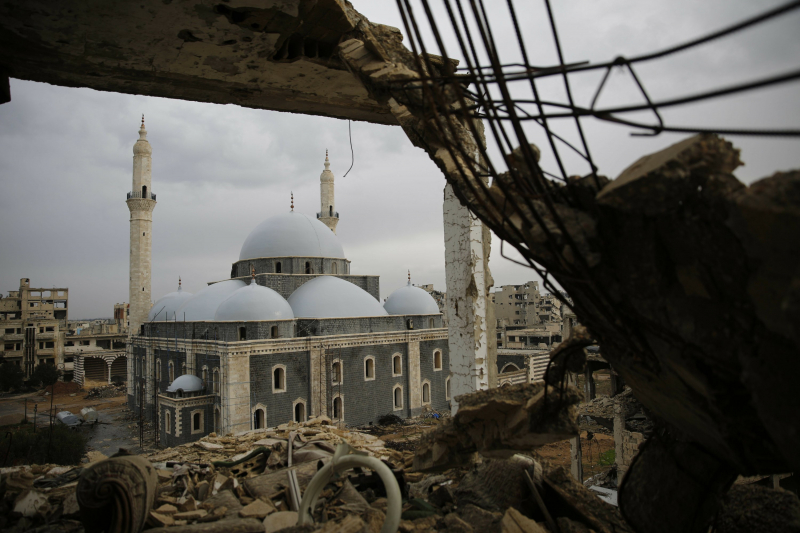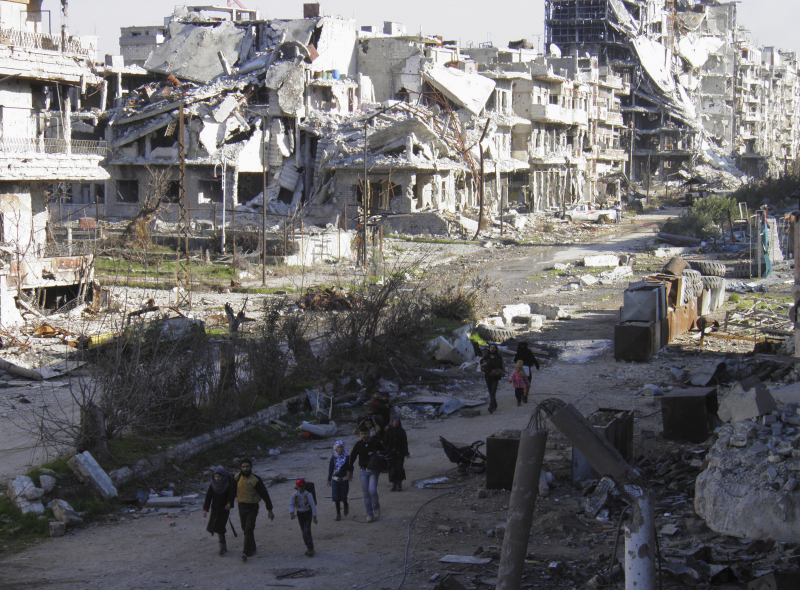Religion
87% of Syrians are Muslims, the bulk of them are Sunni Muslims (74%), according to the CIA World Factbook. Following the Alawite (11%), Ismaili (1%) and Twelver Imami (0.5%) sects, 13% of Muslims are Shi'a. 10% of the population is made up of Christians, while the remaining 3% is made up of Druze, Jews, and atheists.
Religion does not play a significant role in Syrian culture beyond assisting with personal identity. The degree of one's own religious practice and dedication is often entirely up to the individual. The level of religious observance among family members might vary greatly, even within families. Conversion away from the faith one was raised in is uncommon, nevertheless. In Syria, devout Muslims are allowed to quietly pray five times every day. In Syria, devout Muslims are allowed to quietly pray five times every day. This is frequently practiced flexibly, and if prayer is uncomfortable, it may be put off.
Religions have historically been tolerated in Syria. Many Christian churches, Jewish synagogues, and some of the world's oldest Muslim mosques can be found in cities as historic memories of this peaceful cohabitation. Family law now takes one's religious heritage into account, and both Christian and Muslim state holidays are observed. Although Sunni and Shi'a Muslims are frequently taught together, schools offer distinct religious education for persons of different religions.












